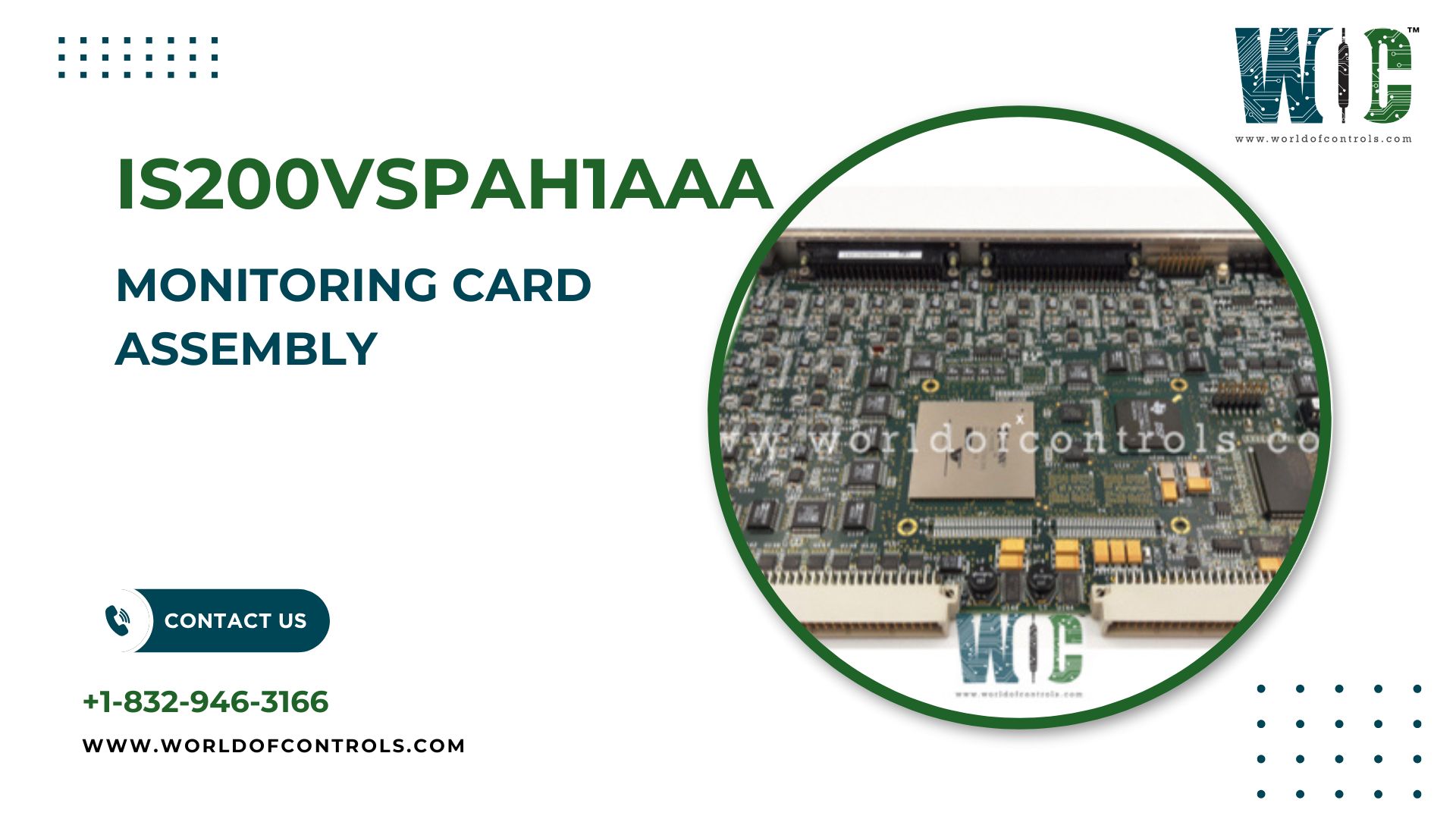Industrial control systems (ICS) are the backbone of critical infrastructures, including manufacturing, energy, transportation, and more. As these systems become more complex, ensuring their reliability and performance is vital for maintaining operational efficiency. One of the key components in these systems is the monitoring card assembly, which plays an essential role in overseeing the health and functionality of various processes within the control systems. This article explores the advanced monitoring solutions provided by these assemblies and their significance in industrial control environments.
1. The Importance of Monitoring in Industrial Control Systems
Monitoring is a critical aspect of modern industrial control systems. These systems often handle complex tasks, and any failure or malfunction could lead to significant downtime or safety risks. Monitoring solutions help operators and engineers identify potential issues early, allowing for prompt interventions that can prevent costly breakdowns and maintain system integrity.
2. Functionality of Monitoring Card Assemblies
A monitoring card assembly serves as an interface between the control system and the various sensors and data collection devices within an industrial setup. These assemblies are designed to gather real-time data on system performance, environmental factors, and other critical parameters. This data is then processed and analyzed, providing operators with actionable insights into the system’s status.
Key Functions:
- Data Collection: The monitoring card continuously collects data from sensors, which may include temperature, pressure, vibration, and other vital parameters.
- Signal Processing: The collected data is processed to eliminate noise and ensure that the information is accurate and reliable.
- Real-time Monitoring: Operators can view the real-time performance of the system, which helps in early detection of potential issues.
- Alarm and Notification Systems: If certain thresholds are crossed or abnormalities are detected, the monitoring system can send alerts to the control panel or operator station.
3. Key Features of Advanced Monitoring Card Assemblies
Modern monitoring card assemblies offer several advanced features that enhance their effectiveness in industrial control systems. These features not only improve system performance but also reduce the risk of failure and ensure better control over operations.
a. High Precision and Accuracy
Modern monitoring cards are designed with high-precision components, ensuring that data is collected and processed accurately. This accuracy is critical when monitoring industrial systems where even slight deviations can lead to inefficiencies or failures.
b. Integration with SCADA Systems
Advanced monitoring cards can seamlessly integrate with SCADA (Supervisory Control and Data Acquisition) systems. This integration allows for centralized monitoring, making it easier for operators to track performance across different components of the system. SCADA systems also enable data visualization, which simplifies analysis and decision-making.
c. Enhanced Diagnostics and Troubleshooting
With advanced diagnostic capabilities, these monitoring cards can assist in troubleshooting by identifying specific issues within the system. By providing detailed error codes and analysis reports, they allow engineers to pinpoint the root cause of problems quickly and accurately.
d. Remote Monitoring and Control
In today’s digital world, remote monitoring is becoming increasingly important. Advanced monitoring solutions allow for the remote monitoring and control of industrial systems. This feature is especially beneficial for systems located in harsh or remote environments, where on-site personnel may be limited.
4. Benefits of Using Advanced Monitoring Card Assemblies
Incorporating advanced monitoring solutions into industrial control systems offers several advantages that go beyond just preventing downtime. Below are some of the key benefits:
a. Improved System Reliability
By continuously monitoring key system parameters, these card assemblies ensure that any issues are detected early, leading to better reliability and uptime. This proactive approach significantly reduces the chances of unexpected failures.
b. Reduced Maintenance Costs
Early detection of problems allows for planned maintenance, which is often less expensive than reactive repairs. Monitoring card assemblies can help optimize maintenance schedules, reducing overall costs.
c. Increased Operational Efficiency
With real-time insights into system performance, operators can make more informed decisions. Optimizing parameters based on data collected by the monitoring card leads to more efficient operations, saving both energy and resources.
d. Enhanced Safety
In industrial environments, safety is paramount. Advanced monitoring solutions can quickly detect any abnormalities that could pose a risk to workers or equipment, such as overheating, pressure surges, or electrical faults. By addressing these issues early, monitoring cards help ensure a safer working environment.
5. Applications in Various Industries
Monitoring card assemblies have a wide range of applications across different industries, each benefiting from tailored monitoring solutions that address specific operational needs.
a. Manufacturing
In manufacturing, precise control over machinery and production lines is essential. Monitoring cards help track the health of machines, detect faults early, and optimize production processes.
b. Energy and Utilities
For power plants, oil rigs, and other energy-related infrastructure, monitoring card assemblies provide essential data on system performance. They help track equipment health, manage power generation, and ensure regulatory compliance.
c. Transportation
In the transportation sector, monitoring solutions play a key role in ensuring the safety and efficiency of vehicles and infrastructure. From railways to air traffic control, monitoring card assemblies help track the condition of vital systems, reducing the likelihood of service interruptions.
d. Automation and Robotics
In automated systems and robotics, monitoring is essential for ensuring that robotic arms, conveyor belts, and automated processes are running as expected. The monitoring cards provide real-time feedback, helping maintain optimal performance.
6. Conclusion
Advanced monitoring solutions have become an essential part of modern industrial control systems, providing increased reliability, efficiency, and safety. The role of monitoring card assemblies in these systems cannot be overstated, as they are integral to tracking the health of industrial equipment and ensuring smooth operations. With the ability to provide real-time data, remote monitoring, and enhanced diagnostics, these solutions offer significant advantages, making them a valuable asset for any industrial control environment. By investing in advanced monitoring technologies, industries can improve performance, reduce costs, and enhance safety across their operations.









